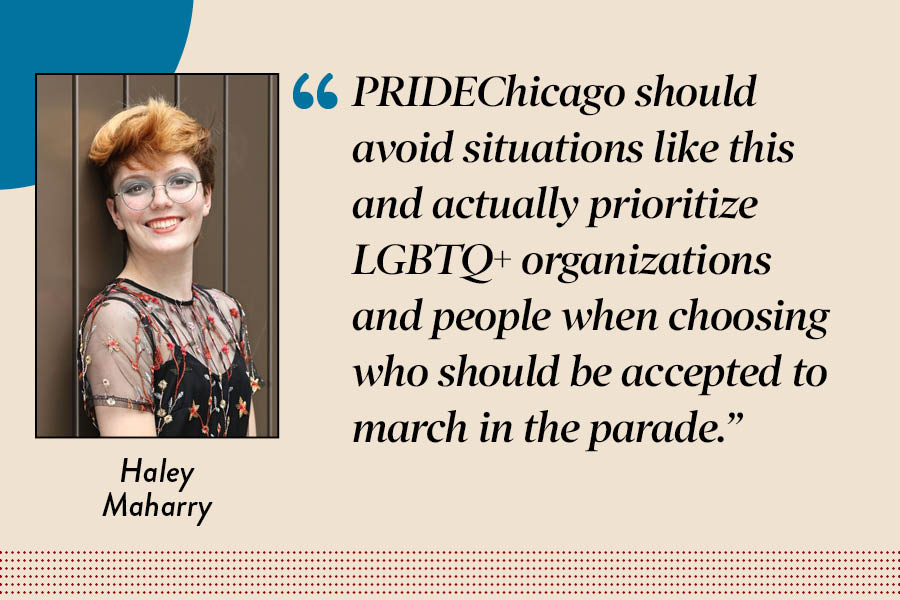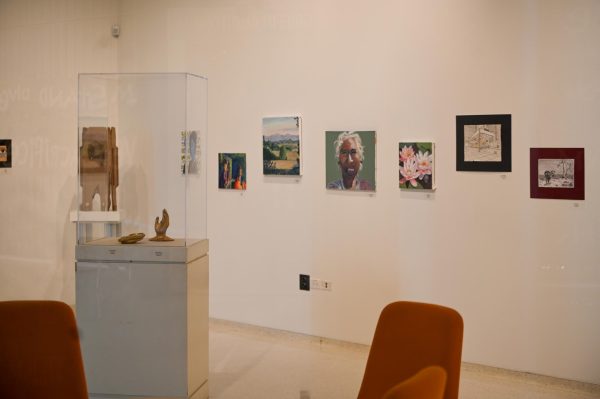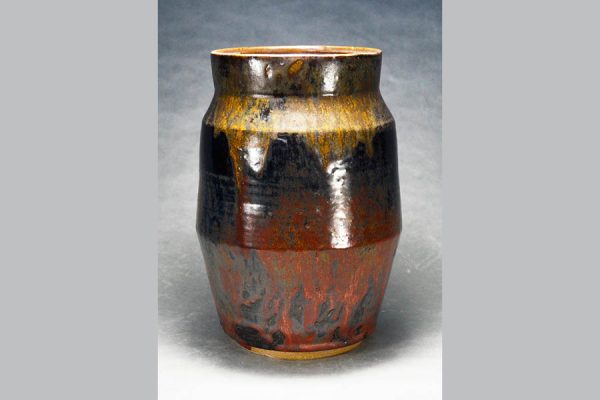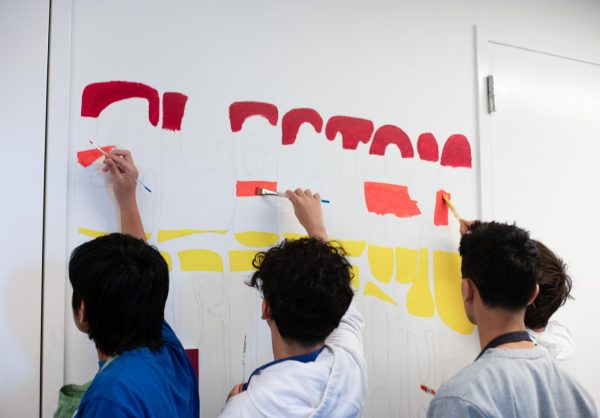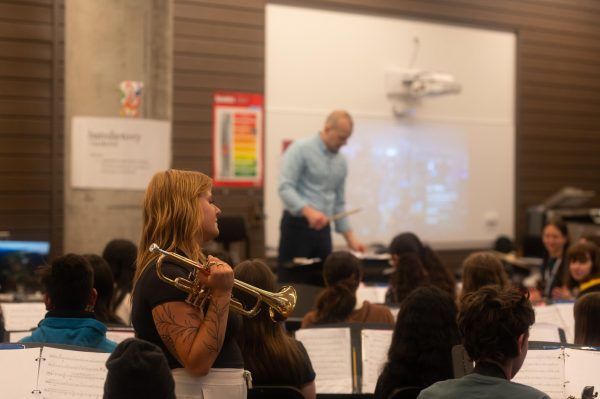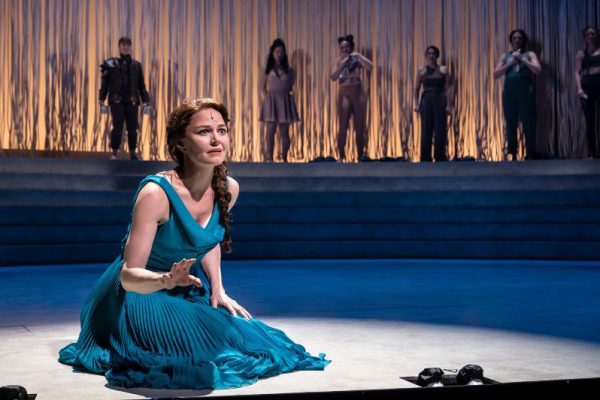Great depth, beauty within powerful poems
Though differently, all readers can relate to ‘The Sun and her Flowers’
January 19, 2018
Indian-Canadian poet Rupi Kaur writes about the universal experience of self-doubt and the process of healing by accepting herself in her October-released poetry collection, “The Sun and her Flowers.” Although seemingly simplistic and banal in concept, Kaur’s poetry is set apart by the raw, straightforward emotion with which she writes.
Separated into five chapters whose titles — “wilting,” “falling,” “rooting,” “rising” and “blooming” — describe the narrator’s emotional state, the book begins with Kaur’s portrayal of personal heartbreak, then it explores the root of her emotional difficulties, and in using the pages to examine her post-abusive-relationship depression and honor her heritage, she finds a way to move forward and find value in herself.
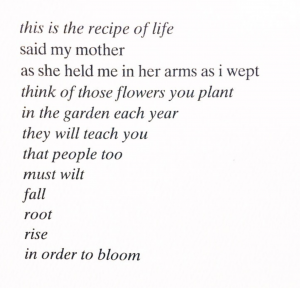
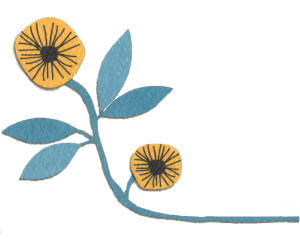
Reading this story told in verse allows a reader the unconventional opportunity to read through a thought-process, a recovery process. The narrator goes through extreme self-doubt; she writes, “i wondered what if nothing wants me because I do not want me.” She has to actively work to undo said self-doubt and find the roots of her qualms. Kaur writes, ““i think i just wanted something was ready to give myself to something i believed was bigger than myself and when i saw someone who could probably fit the part i made it very much my intention to make him my counterpart.” She eventually, and inspiringly It is not a clean-cut story with a direct plot. The reader watches the narrator work through her problems with a natural uncertainty and authenticity, having setbacks, but ultimately pressing on.
Glancing at a page of “The Sun and Her Flowers,” readers will find a verse written in deliberately simple language with little to no punctuation: poetry in its most stripped down form. Paired with the stanza is an understated, doodle-style illustration in black and white. Unlike many poetry books, Kaur’s work is not a collection of distinct, unrelated poems; it is a string of conceptually different strophes which constitute an emotional journey.
While the syntax is simple and broken down, some lines hit the reader with an unexpected, intellectually-stimulating depth. Lines like her address to refugee camps, “you are an open wound and we are standing in a pool of your blood,” contribute to that effect. She says of her heartache, “you are waiting for someone who is not coming back meaning you are living your life hoping that someone will realize they can’t live theirs without you — realizations don’t work like that.” Even in their apparent plainness, some lines are thought-provoking enough to warrant several rereadings.
A great deal of the power lies in Kaur’s refusal to hold back or sugar-coat her thoughts. She is not afraid to let the reader feel uncomfortable in certain instances if in doing so, she is writing honestly.
In addition to being a personal exploration, Kaur’s release shines a light on critical issues: immigrant hardships, sexism, abuse and rape culture to name a few prominent themes.
Kaur writes in an exposing way which is transformative enough to touch all readers, so even if one has not experienced the kinds of heartache and loss described in “The Sun and Her Flowers,” they still undergo the emotional journey. As a lesson in empathy — as a reminder of the significance of self-acceptance — this book is a well-written, worthwhile read.






